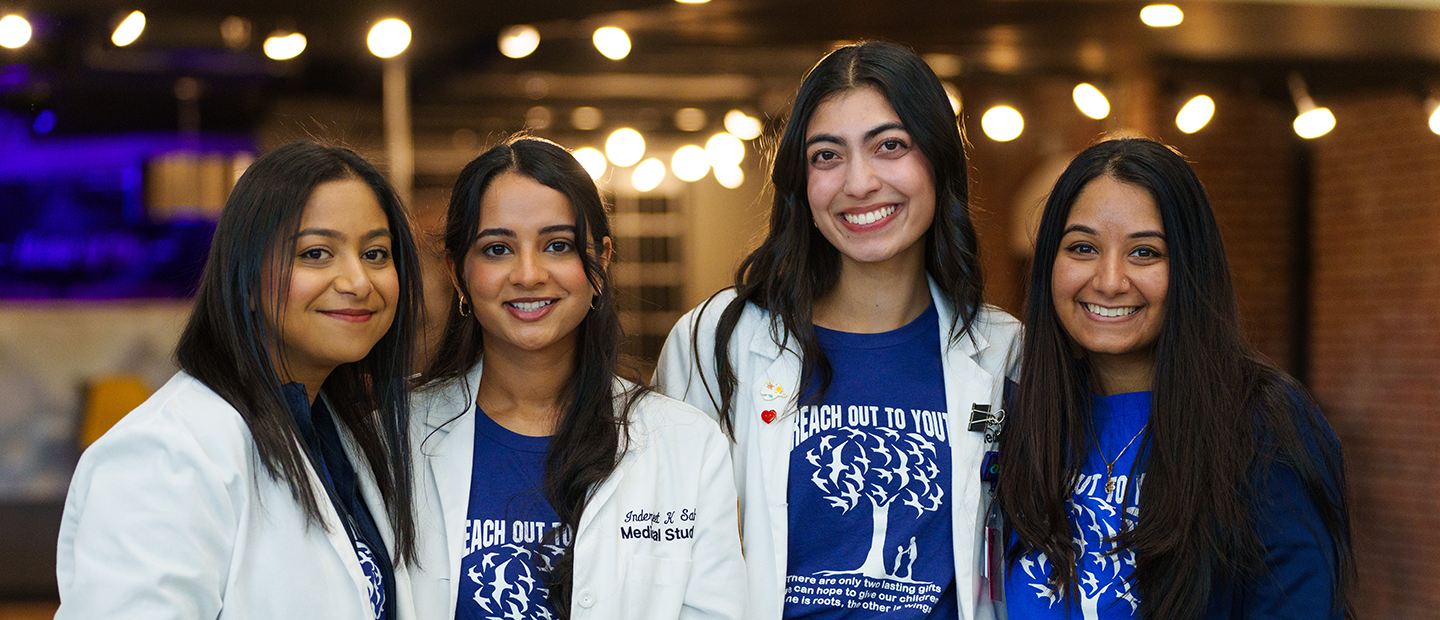
Welcome to the Office of Student Affairs
Oakland University William Beaumont School of Medicine
586 Pioneer Drive
Rochester, MI 48309
(248) 370-3634
Student Affairs' Mission: Student Affairs partners with our students to promote their overall well-being and success as future physicians and individuals.
Student Affairs' Vision: OUWB Student Affairs will be recognized within the medical education community as a leader in guiding and empowering students along a path of personal and professional development.
Student Affairs' Values:
- Empathy
- Advocacy
- Innovation
- Collaboration
- Transparency
The Office of Medical Student Affairs is responsible for:
- Student Orientations
- Academic Support - Study strategies, Learning Techniques, Disability Services Liaison, USMLE Step 1 and Step 2CK Preparation
- Peer Tutoring
- Career Advising - CV Review, Personal Statement Writing, Interviewing Skills, Residency Application Preparation, Match Process Assistance
- Mental Health & Wellbeing Programs
- Student Organization Support
- Signature Events
The Office of Medical Student Affairs is located in the Center for Medical Student Services (CMSS) suite in 216 O’Dowd Hall. Please contact the front desk at (248) 370-2767, to make an appointment.

